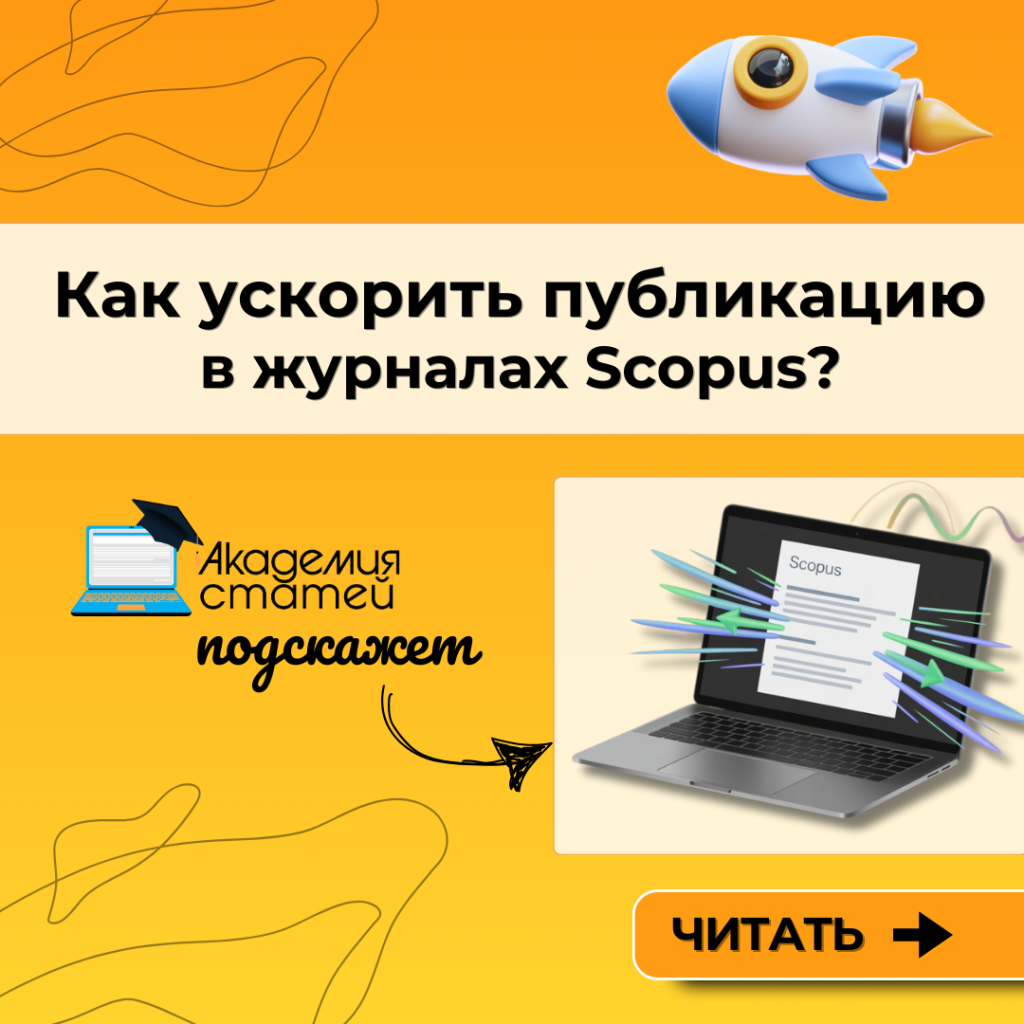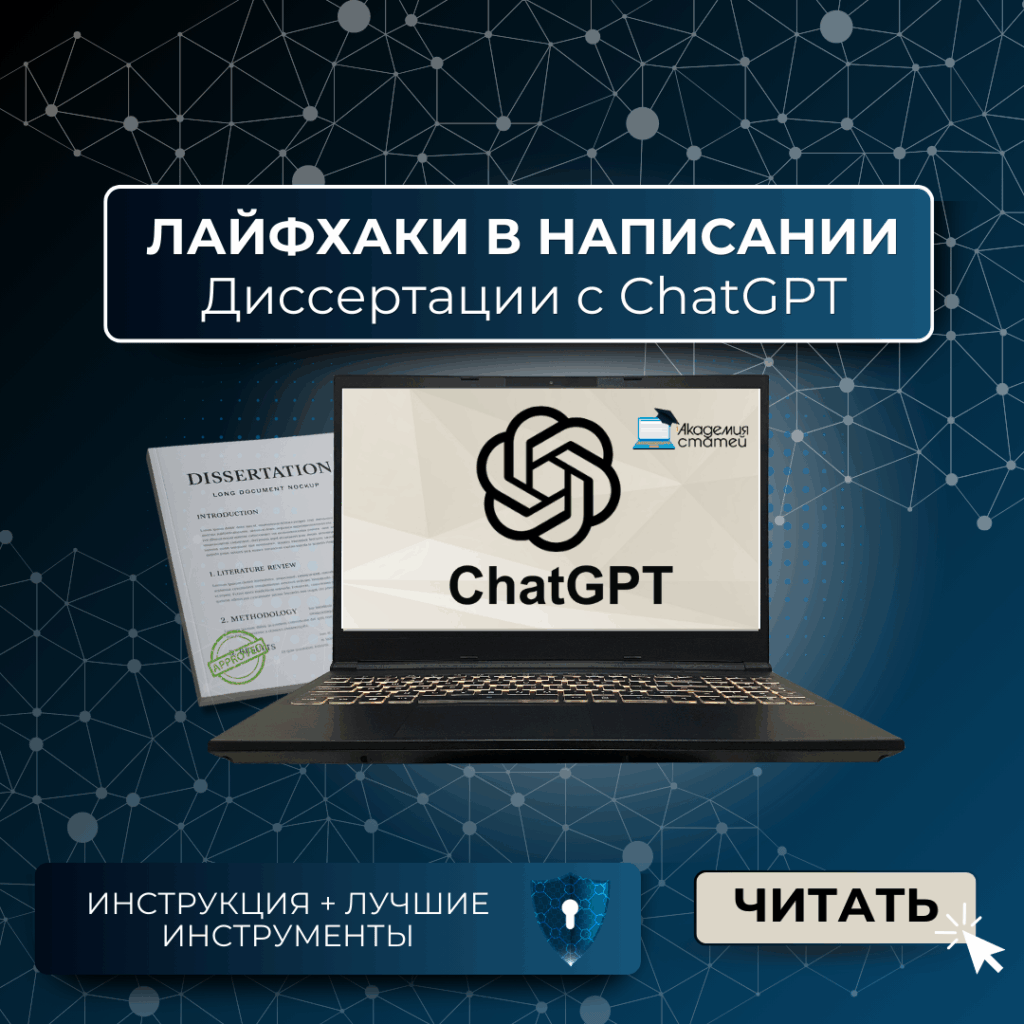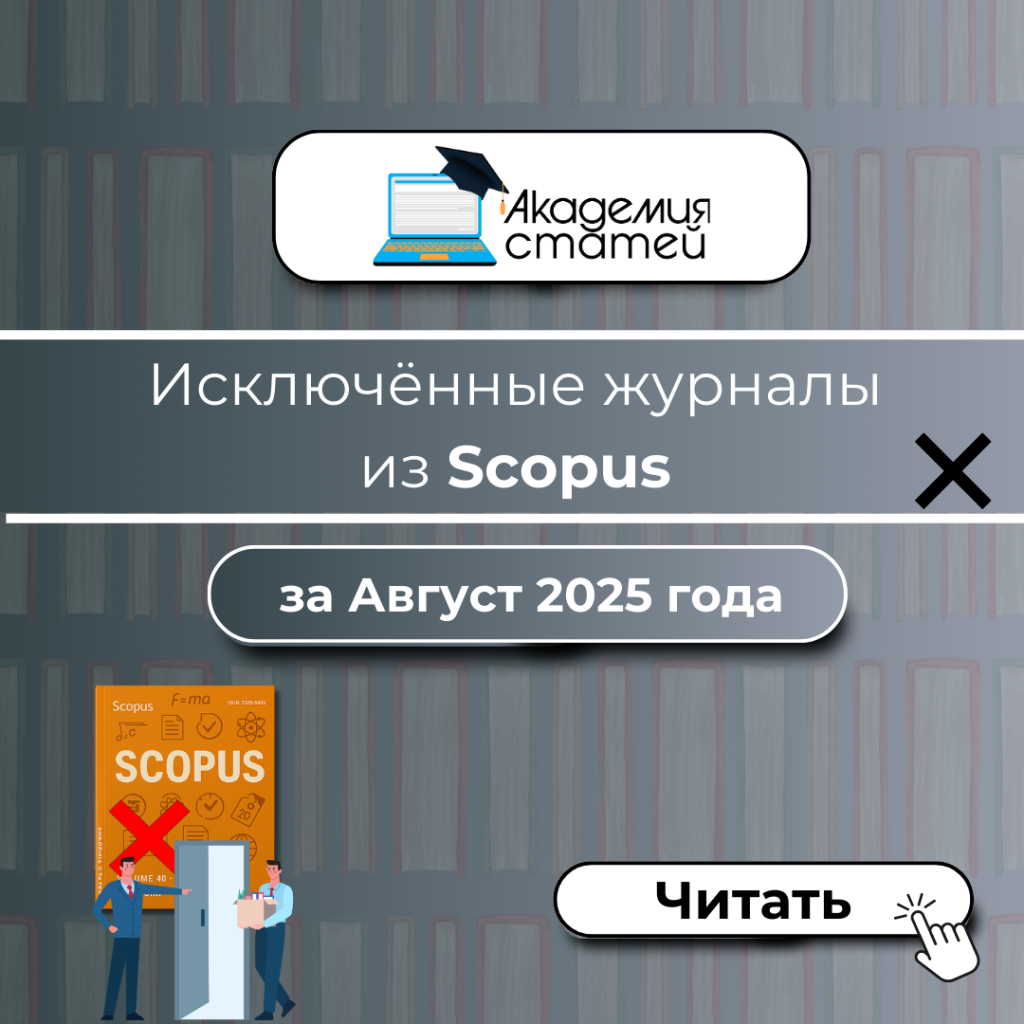Just yesterday, an update was released about journals excluded from Scopus, and we're already keeping you informed!
October 2024 brought new journal exclusions from Scopus, causing concern among the scientific community. Over the past month, several journals have been removed from the list due to failure to meet quality criteria and suspicions of unfair practices.
Recently, we've observed a trend where Scopus publishes only a subset of the journals it excludes from its list, rather than all of them. However, thanks to our investigations, we're also adding journals that were excluded but not included in the official list.
Official list
🔵 Computer-Aided Design and Applications (Scopus link - Here).
This journal, which specialized in computer design and applications, was excluded from the Scopus database due to unscrupulous publishing practices and poor peer review quality that did not meet the database's standards.
🔵 Economic Affairs (New Delhi)International Journal of Pharmaceutical Quality Assurance (Scopus link - Here).
This journal was very popular among Ukrainian scientists: from 2023 to 2024, approximately 60-70% issues contained Ukrainian articles. The journal was excluded by the Radar system, which responded to the fact that in 2023-2024, the journal published only scientists from India and Ukraine, had a low citation rate, and the extremely low quality of articles, especially those from Ukrainian scientists.
🔵 Uncertain Supply Chain Management (Scopus link - Here).
A journal once considered a key platform for supply chain research has been removed from Scopus following a Radar review that found unscrupulous publishing practices and issues with peer review transparency.
⚠️ Magazines that are not on the official list
❌ Archives des sciences (Scopus link - Here) - This journal is not included in the official list of excluded journals, but it was excluded in September 2024, with a complete de-indexing of all articles for 2023 and 2024. We had been monitoring this journal since the summer of 2024 and noticed that many Ukrainian scientists were publishing in it. Therefore, based on our personal observations, the journal was excluded due to the Radar system, which recorded a significant surge in published articles of inadequate quality and a decline in citations. After verification, all articles indexed in 2023 and 2024 were removed.
❌ Heranca – History, Heritage and Culture Journal (Scopus link - Here) — этот журнал также был исключен с деиндексацией статей за 2023 и 2024 годы. Причина исключения — низкое качество статей и низкие показатели цитирования.
❌ Journal of Computational Analysis and Applications (Scopus link - Here) — This journal was also excluded but not included in the index. In 2024, the journal began accepting all submissions, which triggered the Radar system. All articles published in 2024 were not and will not be indexed.
Conclusions:
Exclusion of journals from Scopus - This is an important mechanism for maintaining the quality of scientific literature. It serves as a warning to publishers and editors about the need to maintain high quality and ethical standards. The Radar system plays a key role in identifying journals with anomalous activity and alerting them to potential violations. For scientists, it is a reminder of the importance of carefully selecting journals for publication and ensuring their compliance with international standards.
We understand that the offer of rapid publication is always attractive to our colleagues. However, dear scientists, we urge you to exercise caution when choosing a publication or intermediary offering rapid publication in indexed journals. The Academy of Articles carefully selects the publications it partners with to protect the interests of its clients. We strive to raise awareness of this issue so that more Ukrainian scientists will carefully consider the publication venues and intermediaries they use. Don't be swayed by promises of rapid publication for little money, as this can always lead to serious problems. Follow our column to stay up-to-date with all the news and avoid putting yourself at risk.
We also want to remind you of the importance Publication Concerns — the need to carefully monitor the reputation and ethical standards of the journals in which you plan to publish.






